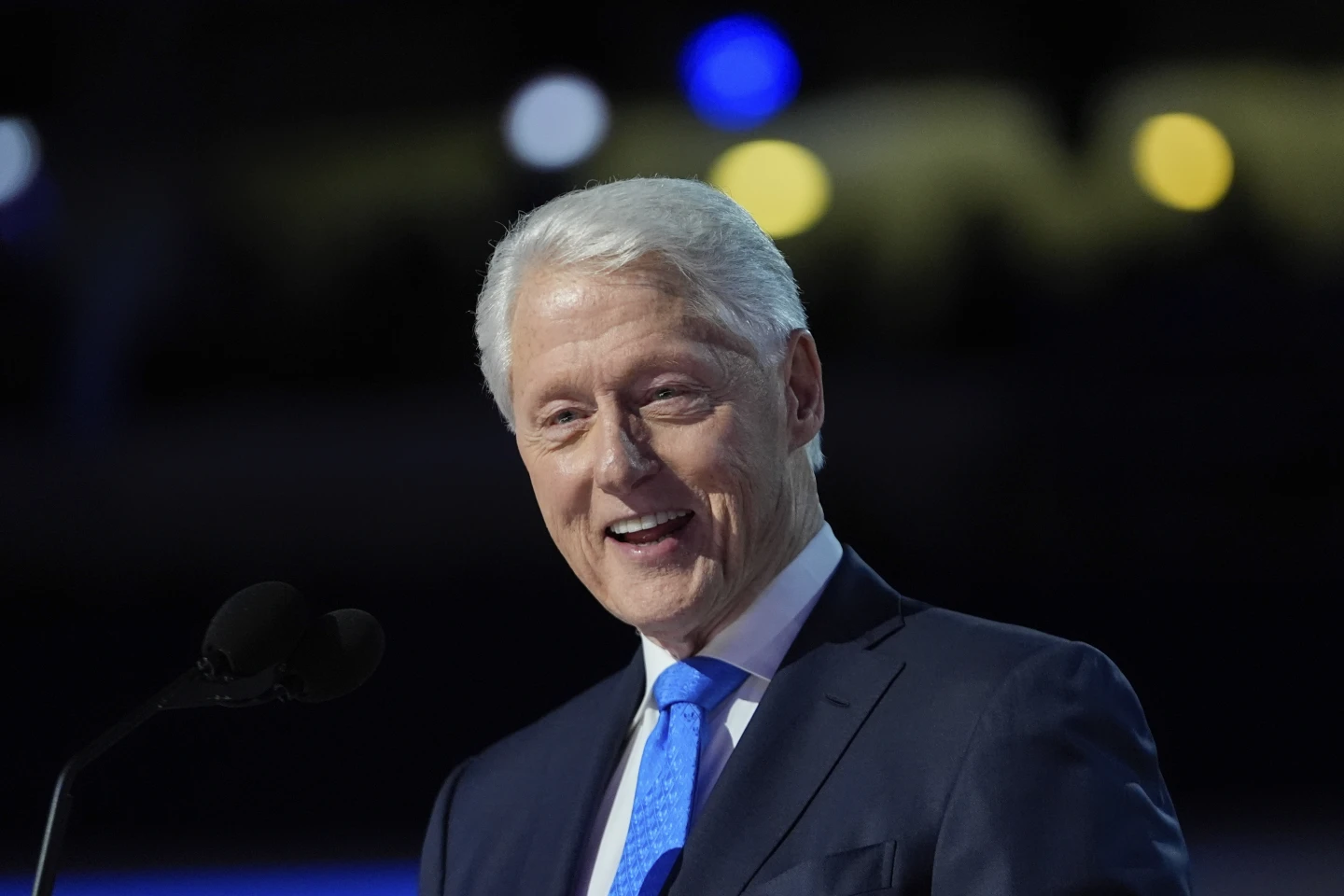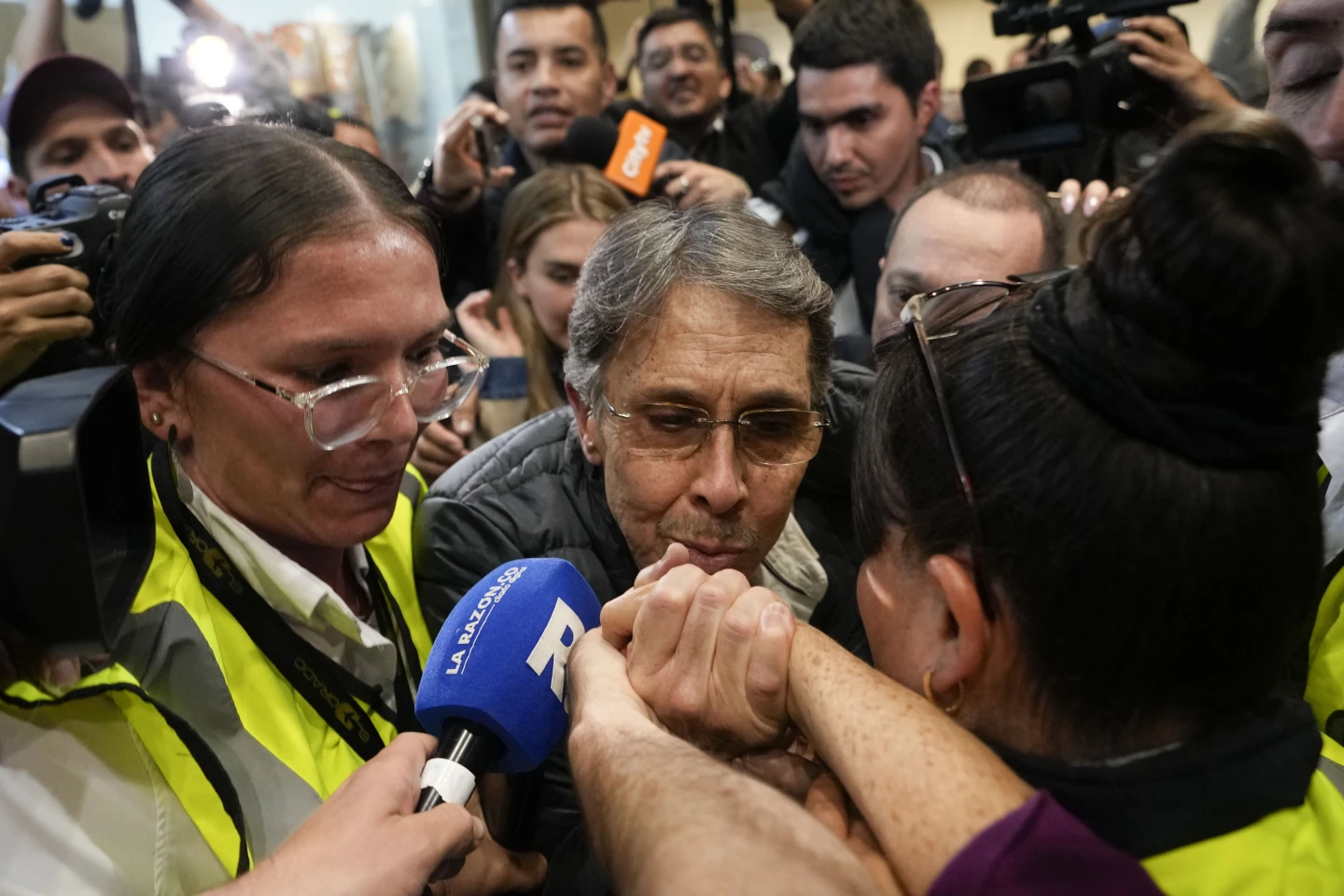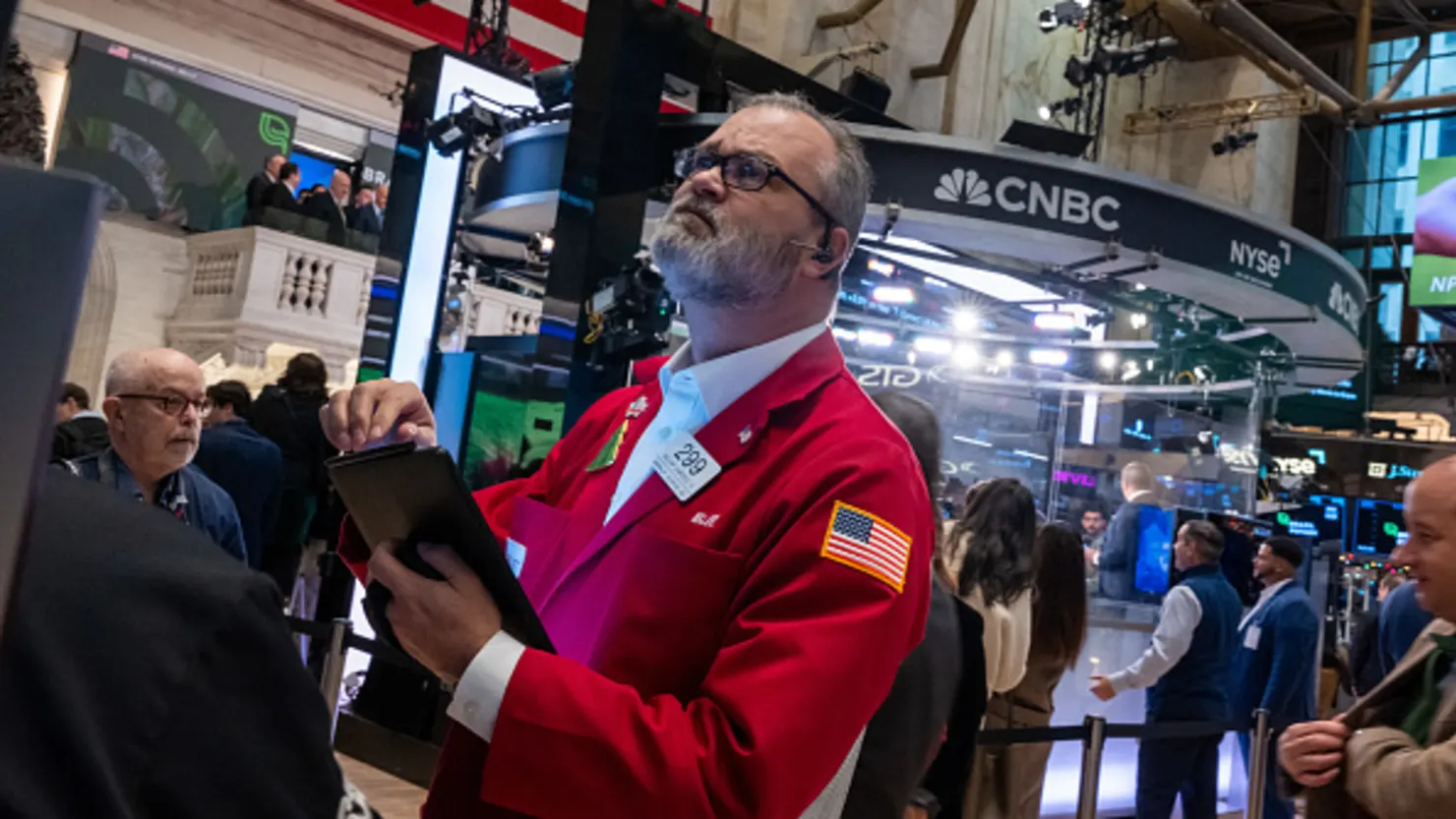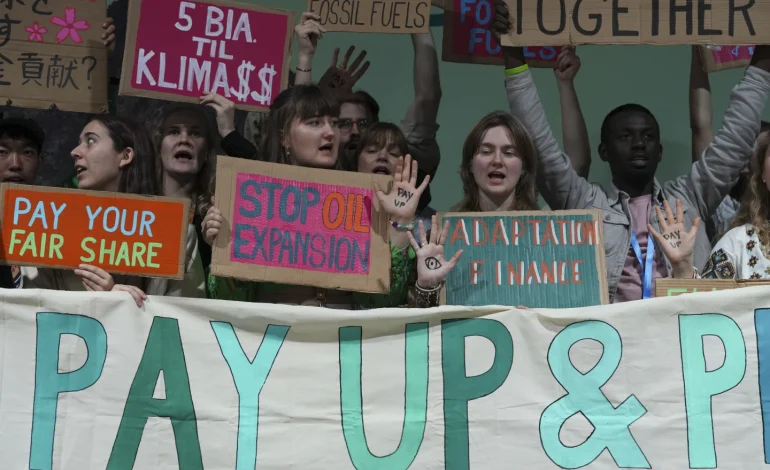A draft agreement on climate finance unveiled Friday at the COP29 UN climate summit in Baku has sparked outrage among developing nations, The Associated Press reports.
The proposal pledges $250 billion from wealthy countries to poorer ones by 2035 to address climate change adaptation and mitigation. While this figure more than doubles the previous $100 billion annual target set 15 years ago, it falls drastically short of the $1.3 trillion needed, according to experts.
The late release of the draft, more than a half-day after the promised time, fueled further resentment. Delegations, analysts, and advocates were kept in the dark until the last minute, leading to criticism of the conference’s management.
The proposal, which appears to favor Saudi Arabia’s position, is not final. Climate Analytics CEO Bill Hare, a veteran climate negotiator, suggested it’s likely just the first of several proposals. Azerbaijan’s deputy foreign minister and COP29 lead negotiator Yalchin Rafiyev acknowledged the figure is insufficient, adding that the presidency aims to secure a higher commitment.
Developing nations expressed profound disappointment. They view these conferences as crucial opportunities to pressure wealthier nations, lacking access to forums like the G7 or G20. The $250 billion offer, while a significant increase from previous targets, represents less than a quarter of the amount developing countries deem necessary to address the devastating effects of extreme weather, adapt to climate change, and transition away from fossil fuels.
Rich nations, however, maintain that $250 billion is the maximum feasible contribution, citing domestic political constraints. This view was echoed by both the US and German delegations.
The insufficient contribution from European nations and the U.S. is expected to elevate China’s role in providing climate finance to developing countries, according to Li Shou of the Asia Society Policy Institute. German sources indicated that ongoing negotiations will focus on securing greater commitments from China and other industrialized nations.
The core funding outlined in any final deal will likely be leveraged to attract additional climate spending, but much of that will be in the form of loans, further burdening debt-ridden nations. The Paris Agreement, reached in 2015, set a goal of limiting global warming to below 1.5 degrees Celsius above pre-industrial levels. Current temperatures are already at 1.3 degrees Celsius.









